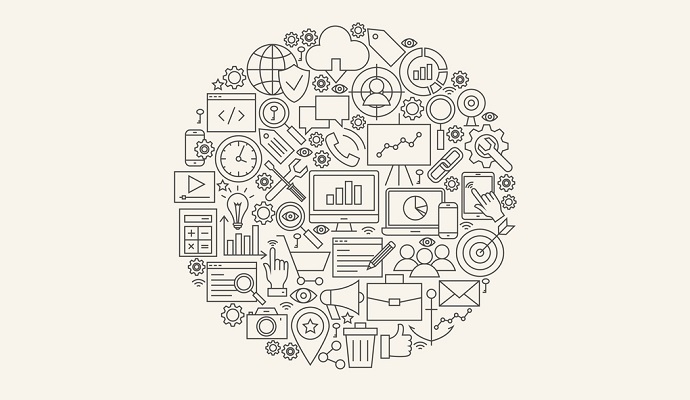Role of CIO Increases Importance as Healthcare Embraces Digital

A new study examined the CIO role and found a rapidly changing landscape that can cause fatigue among executives.
- For healthcare providers, having the right executive team can be a major factor toward success. One of the more important roles in the current landscape is that of CIO. Healthcare is becoming increasingly technical, with the likes of electronic health records, data sharing and mobile devices to name a new solutions, and is showing no signs of slowing down.

SSi-SEARCH, an executive research firm, released its annual survey of CIOs in the healthcare industry. The study focuses on the position itself, challenges in the marketplace and trends that need to be accounted for heading forward. The information was published in a series of articles by SSi-SEARCH managing partner Pamela Dixon.
The first thing the study unveiled is what the “typical” healthcare CIO looks like. They are male (75 percent), have a college degree (97 percent) and graduate degree (73 percent) and make an average of $288,000 per year. There was a gender gap not only in number of CIOs, but also in compensation as men make 16 percent more than their female counterparts.
The report also examined how happy, CIOs are in their current role. They ranked trajectory of their career, compensation and strategic involvement as the most satisfying aspects of their jobs. The thing that they are most dissatisfied with? Resources and recognition.
When it comes to resources, 48 percent of those surveyed said they would like to see changes in this area in 2015. Recognition comes from a handful of different places. It was discovered that 45 percent of those surveyed was recognition for improved patient safety, 44 percent for innovation and 37 percent for helping to bring departments together.
The other part of the study was to examine the CIO workload and how it would change based on current trends. The results of the study, included findings that the responsibilities of the healthcare CIO are growing and changing and that the demands of the position may not always align with those of the health system as a whole.
When it comes to areas of focus, the main areas that take a majority of a CIO’s time, Stage 2 meaningful use (55 percent), EHR optimization (55 percent) and analytics initiatives (43 percent). These are different from the list compiled when looking at the areas that health system consider most critical. These include EHR optimization (66 percent), analytics initiatives (63 percent), population health (63 percent) and Meaning us 2 (59 percent).
This disparity and need for change can be exhausting for any professional. The study found that 48 percent of CIOs are concerned with their ability to keep pace with the change required for the position.
“The 2014 CIO survey shows there is no doubt in CIOs’ minds that their workload will continue to accelerate,” Dixon wrote.
The importance of the right CIO cannot be overstated. With the healthcare landscape increasingly embracing technology, providers need to ensure they have the right management team in place to optimize new systems.
